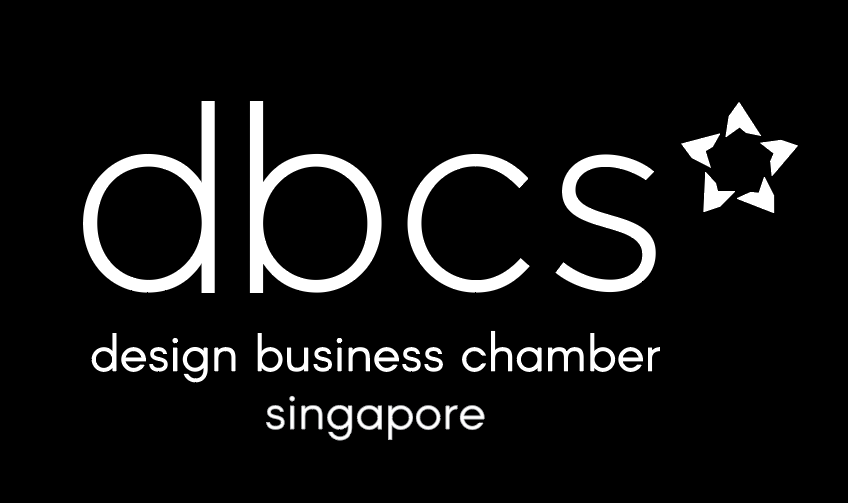CAADRIA2024 invites original high-quality papers and projects presenting current computer-aided architectural design research, accommodating a broad spectrum of approaches ranging from speculative, informal investigations to conventional scientific research, including but not limited to the following topics:
- Artificial intelligence, neural networks and machine learning
- Building Information Modeling (BIM)
- City Information Modeling (CIM)
- Collective, collaborative & interdisciplinary design
- Computational design research & education
- Design cognition and human-computer interaction
- Disrupted practices, resilience, and social sustainability
- Environmental and ecological performance
- Generative, algorithmic & evolutionary design
- Digital Heritage
- Interactive environments
- Material systems, processes and assembly
- Practice-based design research
- Robotics, digital fabrication and construction
- Simulation, visualisation and impact projection
- Theory, philosophy & methodology of computational design research
- Urban analytics, big data analysis and smart cities
- AR / VR / XR
Paper acceptance will be subject to a two-stage reviewing process, consisting of an initial abstract review and a later double-blind peer review of full-length manuscripts.
Enquiries regarding abstract and paper submissions: psc@caadria.org
Authors can check the status of their submissions and read review feedback by signing-in to openconf24 system under “Authors” and “Check status” with their paper ID and password.




